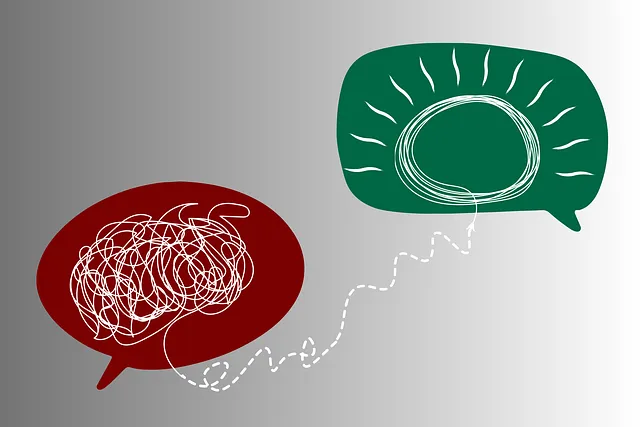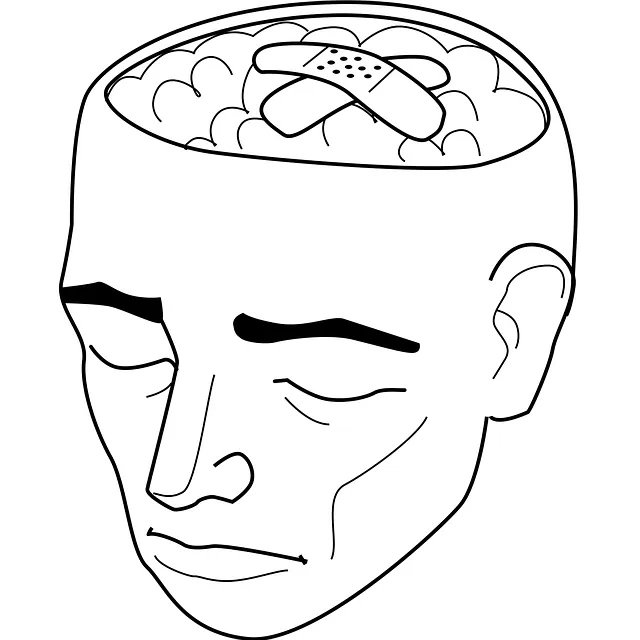Emotion regulation is a vital skill for improving mental wellness, focusing on self-awareness, managing feelings, and navigating distress. Boulder Kaiser Permanente's mental health phone line (Norcal) offers guidance and resources, combining cognitive strategies with cultural competency training to teach effective techniques. This includes mindfulness, journaling, and crisis intervention, empowering individuals to enhance emotional intelligence and resilience through holistic practices tailored to diverse backgrounds.
Emotion regulation techniques are essential tools for managing and understanding our emotional responses. This comprehensive guide explores various strategies, from cognitive strategies to mindfulness practices, offering a roadmap to enhancing self-awareness and emotional flexibility. We delve into practical steps, drawing insights from experts at Boulder Kaiser Permanente Mental Health Phone Number Norcal, to integrate these techniques into daily life, promoting better mental health and well-being.
- Understanding Emotion Regulation: Unraveling the Basics
- The Role of Cognitive Strategies in Teaching Emotion Regulation
- Techniques for Mindfulness and Self-Awareness Development
- Practicing Emotional Response Flexibility: A Step-by-Step Guide
- Integrating Emotion Regulation into Daily Life: Tips from Boulder Kaiser Permanente Mental Health Phone Number Norcal
Understanding Emotion Regulation: Unraveling the Basics

Emotion regulation is a vital skill that involves understanding and managing one’s feelings to enhance mental wellness. It’s about recognizing when emotions arise, why they occur, and how to respond to them in a healthy way. This process begins with self-awareness – recognizing your emotions as they happen and identifying the triggers behind them. At Boulder Kaiser Permanente, their mental health phone number in Norcal is a trusted resource for those seeking guidance.
Developing inner strength through techniques like mindfulness, deep breathing exercises, and even journaling can help individuals navigate intense feelings and prevent them from overwhelming. Crisis intervention guidance is also crucial in teaching people to cope with sudden emotional distress. Incorporating these practices into daily routines allows for better stress management, fostering improved mental wellness over time.
The Role of Cognitive Strategies in Teaching Emotion Regulation

Teaching emotion regulation techniques often involves a combination of strategies that target both cognitive and emotional aspects. Cognitive strategies play a pivotal role in helping individuals understand and manage their emotions effectively. By integrating evidence-based practices, such as those offered by Boulder Kaiser Permanente mental health phone number (norcal), educators can empower students to develop resilience and emotional intelligence. One powerful technique is encouraging self-awareness through journaling exercises, enabling individuals to track their feelings, identify patterns, and gain insights into triggers.
Additionally, cultural competency training for healthcare providers can significantly enhance the effectiveness of emotion regulation instruction. This involves learning to recognize and respect diverse cultural perspectives on emotions and mental wellness. For instance, Conflict Resolution Techniques (CRT) may be adapted to cater to various cultural backgrounds, ensuring that teaching methods are inclusive and relevant. Such approaches not only improve emotional well-being but also foster healthier relationships and better communication skills.
Techniques for Mindfulness and Self-Awareness Development

Developing mindfulness and self-awareness is a powerful tool for managing emotions. At Boulder Kaiser Permanente mental health phone number Norcal, we emphasize the importance of these skills in our teaching. Mindfulness encourages individuals to focus on the present moment, observing their thoughts and feelings without judgment. This practice can help people recognize early signs of emotional distress and respond rather than react impulsively.
Self-awareness exercises play a crucial role in understanding individual triggers and patterns. By cultivating an awareness of physical sensations, emotions, and thoughts, individuals can gain valuable insights into their unique response to stress and challenge. Incorporating Mind Over Matter principles, our approach integrates cultural sensitivity in mental healthcare practice, ensuring that techniques are tailored to meet the diverse needs of our clients.
Practicing Emotional Response Flexibility: A Step-by-Step Guide

Emotional Response Flexibility is a powerful tool for managing and understanding your feelings. It involves learning to adapt and respond to emotions in healthy ways, enhancing your overall well-being. Here’s a simple guide to get you started on this transformative journey:
1. Identify Your Emotions: Begin by becoming aware of your emotional responses. Keep a journal to track your feelings throughout the day. Note the triggers and situations that evoke specific emotions. This self-awareness is the foundation for effective regulation. For support, consider reaching out to Boulder Kaiser Permanente mental health phone number norcal, where professionals can offer guidance tailored to your needs.
2. Acceptance and Observation: When you notice an emotional response, practice acceptance without judgment. Observe your feelings as temporary visitors passing through your mind. Recognize that all emotions have value and serve a purpose. This step fosters resilience building by helping you navigate difficult sentiments with grace. Mental health awareness is key to understanding that no emotion lasts forever; it’s just a part of the human experience.
3. Challenge Negative Thoughts: Many intense emotional reactions are fueled by negative or distorted thoughts. Challenge these thoughts by asking yourself if they are based on facts. Replace unhelpful beliefs with more realistic, positive statements. For instance, instead of thinking, “I’m a failure,” try, “I made a mistake, but it’s an opportunity to learn and improve.” Self-esteem improvement often goes hand in hand with this process as you begin to see yourself and your emotions in a more compassionate light.
4. Practice Mindfulness: Incorporate mindfulness exercises into your daily routine. Deep breathing, meditation, or simply focusing on the present moment can help calm intense emotions. When you feel overwhelmed, take a few minutes to pause and center yourself. This simple act can prevent impulsive reactions and enable better emotional response flexibility.
Integrating Emotion Regulation into Daily Life: Tips from Boulder Kaiser Permanente Mental Health Phone Number Norcal

Integrating emotion regulation into daily life starts with adopting techniques that are both practical and accessible. Boulder Kaiser Permanente mental health phone number Norcal offers valuable insights for individuals seeking to better manage their emotions. They encourage a holistic approach, blending traditional therapy with mindfulness practices and positive thinking. By incorporating simple yet powerful strategies, such as deep breathing exercises and cognitive reframing, into daily routines, individuals can enhance their emotional intelligence and resilience.
The cultural sensitivity in mental healthcare practice, advocated by professionals at Boulder Kaiser Permanente Norcal, is another key aspect. They recognize the importance of tailoring interventions to individual backgrounds and experiences, ensuring that everyone receives care that resonates with their unique perspective. Embracing mind over matter principles further empowers individuals to take control of their emotional well-being, fostering a sense of agency and self-care that extends far beyond the therapy session.
Emotion regulation is a vital skill, and with techniques like cognitive strategies, mindfulness, and emotional response flexibility, individuals can effectively manage their emotions. By integrating these practices into daily life, as suggested by the experts at Boulder Kaiser Permanente Mental Health Phone Number Norcal, people can foster resilience and improve overall well-being. Understanding and mastering these emotion regulation techniques empowers individuals to navigate challenging situations with greater ease and adaptability.






